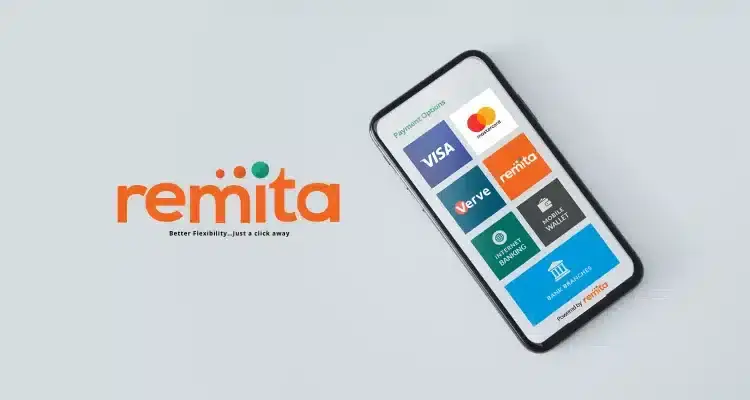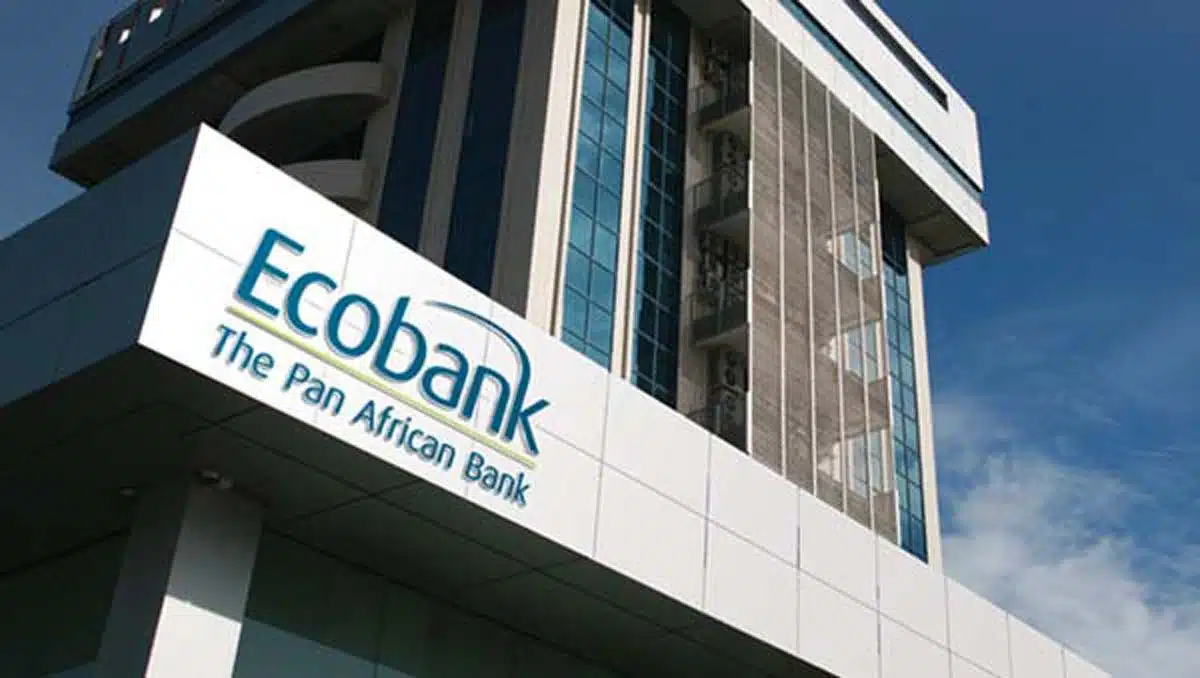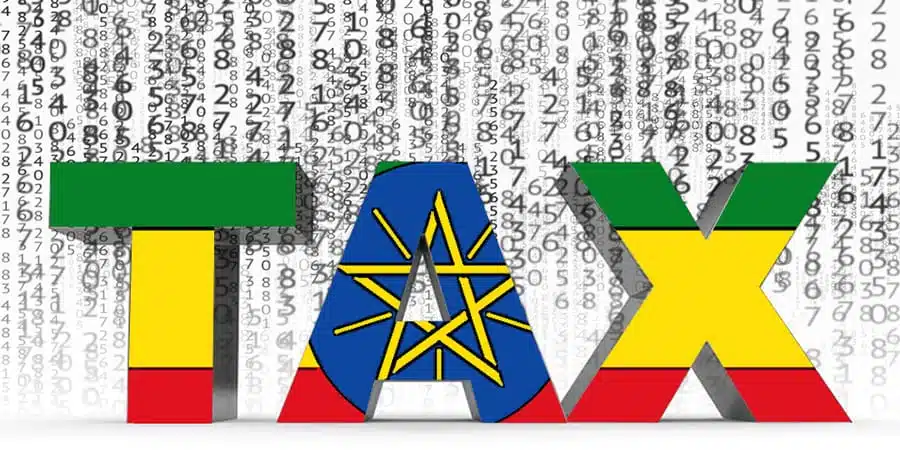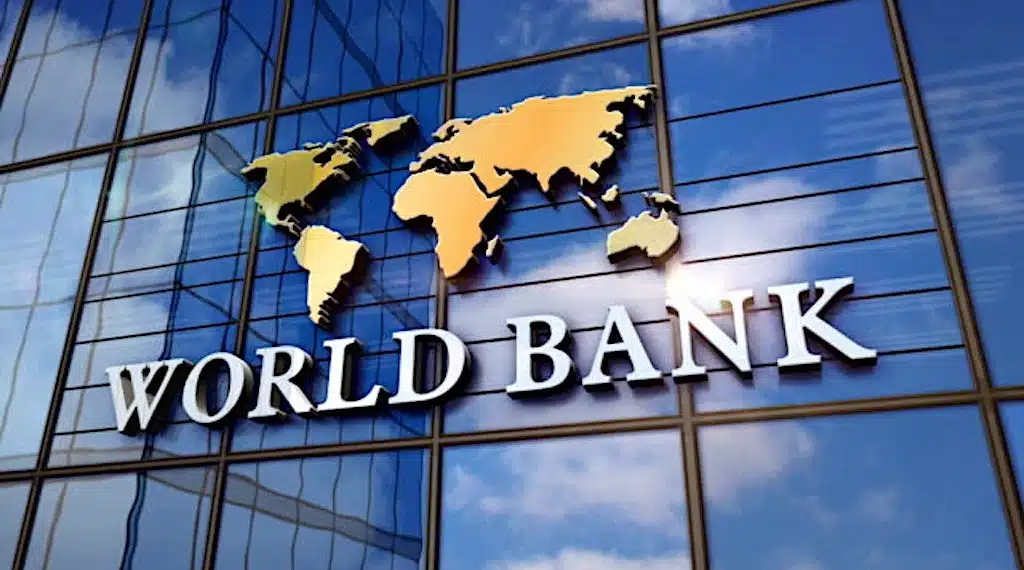Hello,
This week, dated from March 3 to 8, is interesting. It’s the end of the Q1, and we’re racing to meet KPIs. In the Financial services sector, there are several high-level economic news with telling impact for financial professionals interested in the African market.
The breakdown:
- Central banks are tracking inflation
- Investors and lenders set sights on Africa’s oil sector
- Bank of Ghana halts Gold-for-Oil Program
- Namibia plans currency upgrade in June to tackle counterfeiting
- Exports boost South Africa’s trade balance
- Nigeria’s revenue collection gets major shake up
Africa’s interest rates in 2025: How central banks are tracking inflation
Interest rates are a viable tool to tackle and manage economic pressures before those pressures negatively affect the economic and purchasing powers of citizens, finally grounding the economy.
With these increased interest rates, the central banks have been able to create a significant change in inflation rates in countries like Nigeria, Egypt, South Africa, Zambia, Ghana and a few other countries.
Big oil invests $13 billion in Africa’s energy sector
Despite the global energy transition, oil majors are betting big on Africa—with $13B in new investments flowing into the sector. Who and what’s driving the money, and what should investors and lenders look out for?
Nigeria, Angola, Namibia, Congo are the biggest beneficiaries of oil and gas investments on the continent. Though for the lenders and investors, they would have to face the dilemma of balancing their exposure to fossil fuel projects versus renewable energy initiatives in the years to come.
Bank of Ghana halts Gold-for-Oil Program
The Gold-for-Oil program was introduced in 2022 to reduce Ghana’s dependence on the dollar as FX to purchase oil for international suppliers
Ghana’s current government, led by John Dramani Mahama, has the big responsibility of stabilising the country’s economy and its foreign exchange, which has seen a recent rise in volatility.
Namibia plans currency upgrade in June to tackle counterfeiting
The Bank of Namibia (BoN) has announced plans to introduce a new series of banknotes and coins in June 2025 as part of efforts to enhance security and combat counterfeiting.
They are also pushing for digital payment reforms as they are lagging behind their peers in embracing digital technologies. BoN also aims to bolster public confidence in the national currency.
Agriculture drives South Africa’s trade balance as exports hit record $13.7bn
Despite adverse climate conditions and logistical challenges, South Africa’s agricultural export earnings soared to a record-high in 2024, boosting the trade balance
The surge was driven by robust fruit harvests, a rebound in livestock, and carryover grain stocks that softened the impact of the mid-summer drought on grain and oilseed production.
Nigeria clarifies revenue collection changes, retains Remita as payment gateway
Though the Federal Government has adopted the Treasury Management and Revenue Assurance System (TMRAS) as its official revenue collection system, the government has clarified that it is not abandoning Remita payment as one of its payment gateways.
They are working to integrate Remita and other eligible Payment Solution Service Providers (PSSPs) into TMRAS. For now, Nigerians can still carry out revenue payments and other forms of collections using the Remita system pending further clarifications from the government.
Egypt signs €90 billion agreement with EU
The agreement aims to increase and modernise the country’s grain storage and logistics system, which may help ease inflation.
With threats to their food security and the accompanying food inflation, an improved agricultural and grain storage system can improve Egypt’s balance of trade.
A $4b ground rent audit could trigger loan defaults in Nigeria
This move, aimed at plugging revenue leaks and boosting oversight, could unsettle lenders and developers, as collateral properties might face higher valuations and mortgage repayments become more challenging, potentially triggering defaults.
Echoing past real estate crises in the UK and US, Nigeria’s stricter enforcement might disrupt its financial system, particularly impacting microfinance banks, which serve 95% of local borrowers.
Other relevant stories
South Africa’s Nedbank earnings climb 8% in FY 2024
The bank’s performance comes amid economic turbulence driven by high interest rates, geopolitical risks, and political uncertainty. Read more.
Ghana’s inflation eases to 23.1% but economic hurdles persist
Although inflation has been on a downward trend since January, February’s figure remains the third-highest in the past ten months, highlighting persistent economic challenges. Read more.
Nigerian banks borrowed less in November as system liquidity rose by 25%
Transactions on the Standard Lending Facility declined sharply by 37.6% to $7.05 billion in November, compared to the previous month, amid liquidity boost. Read more.






